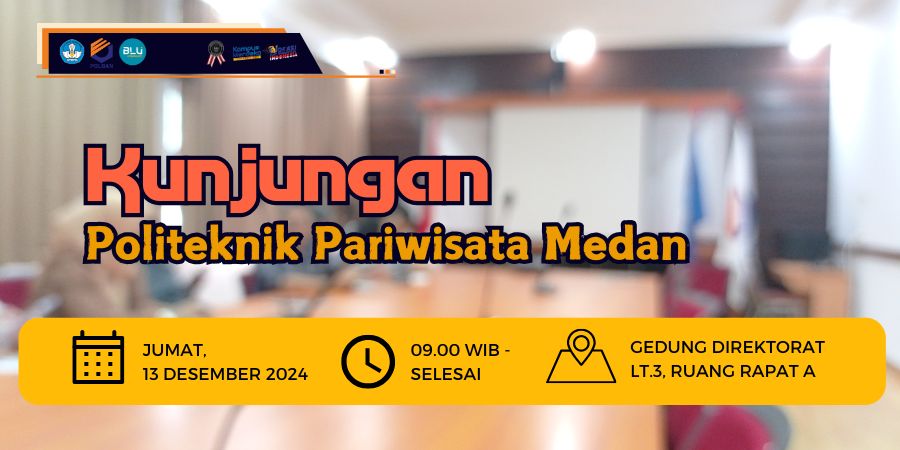- Vision & Mision
- Graduates Profile
- Learning Outcome
- Users
- Glosarium
- Profile Pdf Version
Vision
To be an excellent and a leading Study Program in the Diploma III Program of Software Engineering Applications that are recognized both at the national and international level.
Mission
Organizing a diploma III Program of Software Engineering Applications that are recognized both at the national and international levels.
-
- Graduation Profile
- Programmer: Convert the specification and problem statement along with the procedures of a project into a detailed logical flow so that it is ready to be coded into the programming language.
- Software Application Tester: Monitor and control computer peripherals for business, scientific, engineering, and other data processing in accordance with the operating instructions.
- Technical Writer: Documenting algorithms and / programs explicitly and implicitly based on software development documentation standards.
- Desaigner Software Application: Designing procedures, software system maintenance and troubleshooting procedures by considering security and OHS (K3) principles (Occupational Health and Safety).
- Graduation Profile
- Learning outcome
- Attitudes
- fear of God Almighty and be able to show religious attitude;
- respecting human values in performing the duty, based on religion, morals, and ethics;
- internalizing the values, norms, and academic ethics
- having a role as citizens who take pride and patriotism, nationalism and have responsibility to the state and nation;
- respecting cultural diversity, views, religion, and beliefs, as well as the original opinions or discoveries of others;
- contributing to improving the quality of socialized life, nation, state, and the progress of civilization based on Pancasila;
- cooperating and having social sensitivity and respecting for people and the environment;
- obeying the law and discipline in the social and state life;
- internalizing the spirit of independence, persistence and entrepreneurship;
- demonstrating a responsible attitude towards the work in the field of expertise independently.
- Being adaptive to the development of science and technology, especially in Information and communication technology.
- Mastery of Knowledge
- Mastering the theoretical concepts of mathematics and engineering foundations for software (Engineering Foundations for software) in the development of software application;
- Mastering the knowledge of algorithms fundamental based on logical thinking related to data structures and manipulations, computer programming languages, architectures and computer organizations, computer operating systems, and computer networks;
- Mastering the knowledge of algorithm design and algorithm complexity analysis;
- Mastering the conceptual knowledge of discrete and non-discrete mathematics in logical and mathematical proof techniques for computational problems;
- Mastering the theoretical concepts of unit/ modules software application testing methods includeing black-box approach and white-box functional testing;
- Mastering knowledge on database design both conceptually, logically and physically;
- Mastering the factual knowledge of codes and standards in maintaining the quality of software application development (ISO 12207 on Software Development Process) and the making of documentation (IEEE Std 829-1998 on Software Test Documentation, and IEEE Std 1016 ™ -2009 on Software Design Description);
- Mastering the principles and techniques of spoken and written communications.
- General Skills
- Able to complete wide-ranging work through the development of software application by implementing variety of appropriate methods, both standard and non-standard ones;
- Able to demonstrate quality and measurable performance;
- Able to transform problem solving models into algorithms based on logical thinking, innovative, and responsible for the results independently;
- Able to transform algorithm into source program by certain programming language;
- Be able to document software application accurately and legitimately and effectively communicate them to others in need;
- Ability to cooperate, communicate, and innovate in his/her work;
- Be able to take responsibility for the achievement of group work and to supervise and evaluate the completion of work assigned to the worker under his / her responsibility;
- Able to conduct a self-evaluation process against working groups under his/ her responsibility, and manage the development of working competencies independently;
- Able to document, store, secure, and rediscover data to ensure validity and prevent plagiarism.
- Be able to recognize needs, adapt and demonstrate ability to continue self-development (lifelong learning);
- Able to communicate using the international language both spoken and written for the development of software application.
- SPECIAL SKILL
- Able to apply math and engineering foundation for software in the development of software application with requirements that have been defined by analysts systems through Software Requirements Specifications (SRS);
- Able to transform problem solving models into algorithms based on logical and innovative thinking;
- Able to perform functional testing on algorithms that have been created and are responsible for the results independently;
- Able to transform algorithms into source programs with the latest programming languages in accordance with the technology platform required in Software Requirements Specifications (SRS);
- Able to do unit testing and tracing on software application source code (tracing & debug) using black-box approach and white-box functional testing;
- Able to design and implement data model and process model both conceptually, logically and physically based on Software Requirements Specifications (SRS) which have been defined;
- Able to document the software application using standards document and effectively communicating them to others in need;
- Able to communicate written and spoken technical effectively, especially on dissemination of technical information related to computing technology and its application.
- Attitudes





